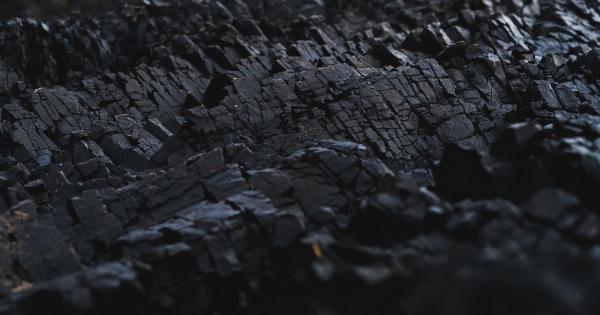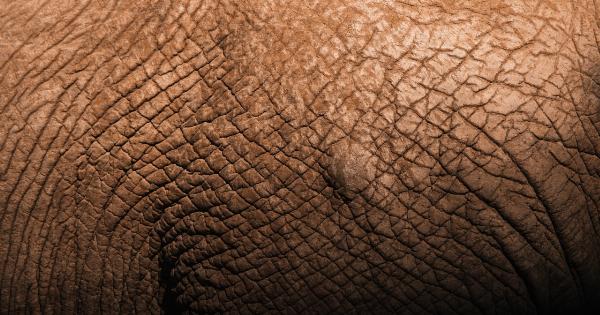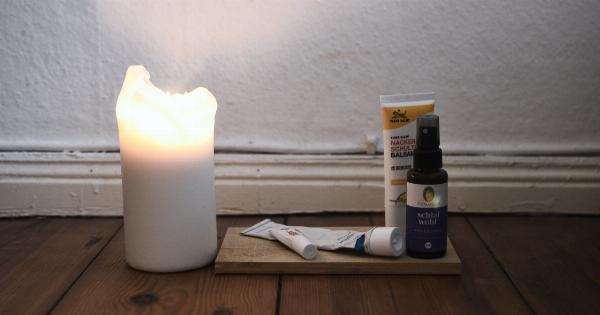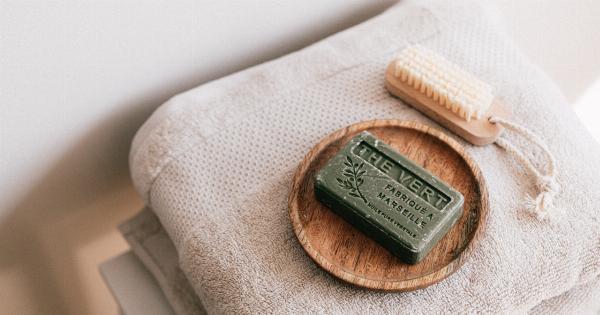Your face is the first impression you present to the world and as such, it is important to take good care of it to maintain its health and radiance.
A daily skincare routine that includes cleansing, toning and moisturizing is key to achieving a healthy and glowing complexion. However, with many skincare products on the market, it can be challenging to find one that works for your skin type, especially for those with sensitive skin.
Natural skincare products can help address this issue and are also environmentally friendly. Charcoal and black soap are two natural ingredients that have gained popularity in recent times for their deep cleansing and moisturizing properties.
They are known to provide a gentle and effective alternative to harsh chemicals that can cause irritation and dryness.
What is Charcoal?
Charcoal is a natural substance that is made from wood, peat, coconut shells, bamboo or sawdust. It is an activated form of carbon that is created when it is treated with oxygen.
It has a unique ability to absorb and trap toxins, impurities and excess oil from the skin, drawing them out from deep within the pores.
What is Black Soap?
African black soap is a natural soap that is made from the ash of plantain and shea tree bark, cocoa pod powder, palm kernel oil, and coconut oil. It has been used for centuries in Africa for its cleansing and moisturizing properties.
It contains many beneficial nutrients, such as vitamin A, vitamin E and iron.
The Benefits of Charcoal and Black Soap for Your Skin
The combination of charcoal and black soap in a skincare routine can be highly beneficial for your skin. Here are some of their benefits:.
1. Deep Cleansing
The activated charcoal in black soap and facial cleansers is known for its ability to unclog pores and remove impurities and toxins that can cause breakouts.
It also helps to regulate sebum production, which is essential for controlling acne and keeping the skin looking healthy and balanced.
2. Exfoliation
Charcoal and black soap can help gently exfoliate the skin, removing dead skin cells and unclogging pores. This not only improves the appearance of the skin but also encourages healthy cell turnover and promotes youthful-looking skin.
3. Moisturizing
Black soap contains natural oils, such as coconut oil and shea butter, which are highly moisturizing and can help to improve the skin’s texture and tone. Charcoal also has hydrating properties and can help to soothe dry and irritated skin.
4. Anti-Aging
Black soap and charcoal have anti-aging properties that can help to reduce the appearance of fine lines and wrinkles. They also contain antioxidants that help to protect the skin against free radicals.
How to Use Charcoal and Black Soap for Face Cleaning
Using charcoal and black soap in your skincare routine is easy and straightforward. Here are some steps to follow:.
Step 1: Cleanse your face with black soap
Wet your face with warm water and apply a small amount of black soap to your fingertips. Rub your hands together to create a lather and then apply the soap to your face, massaging gently in circular motions.
Rinse thoroughly with warm water and pat dry with a clean towel.
Step 2: Apply charcoal mask
Use an activated charcoal face mask that is suitable for your skin type. Apply the mask to your face, avoiding the eye area, and leave it on for 15-20 minutes. Rinse thoroughly with warm water and pat dry with a clean towel.
Step 3: Tone your skin
Apply a toner to your face using a cotton pad or your fingertips, avoiding the eye area. This helps to balance the pH level of your skin and remove any remaining dirt, oil, or makeup.
Step 4: Moisturize your skin
Apply a moisturizer to your face, massaging gently in circular motions. This helps to restore the natural moisture barrier of your skin and prevent dryness.
Conclusion
Charcoal and black soap are two natural ingredients that can significantly benefit your skin by deep cleansing, exfoliating, moisturizing, and anti-aging.
Incorporating them into your skincare routine can help you achieve a healthy and radiant complexion without the use of harsh chemicals.






























